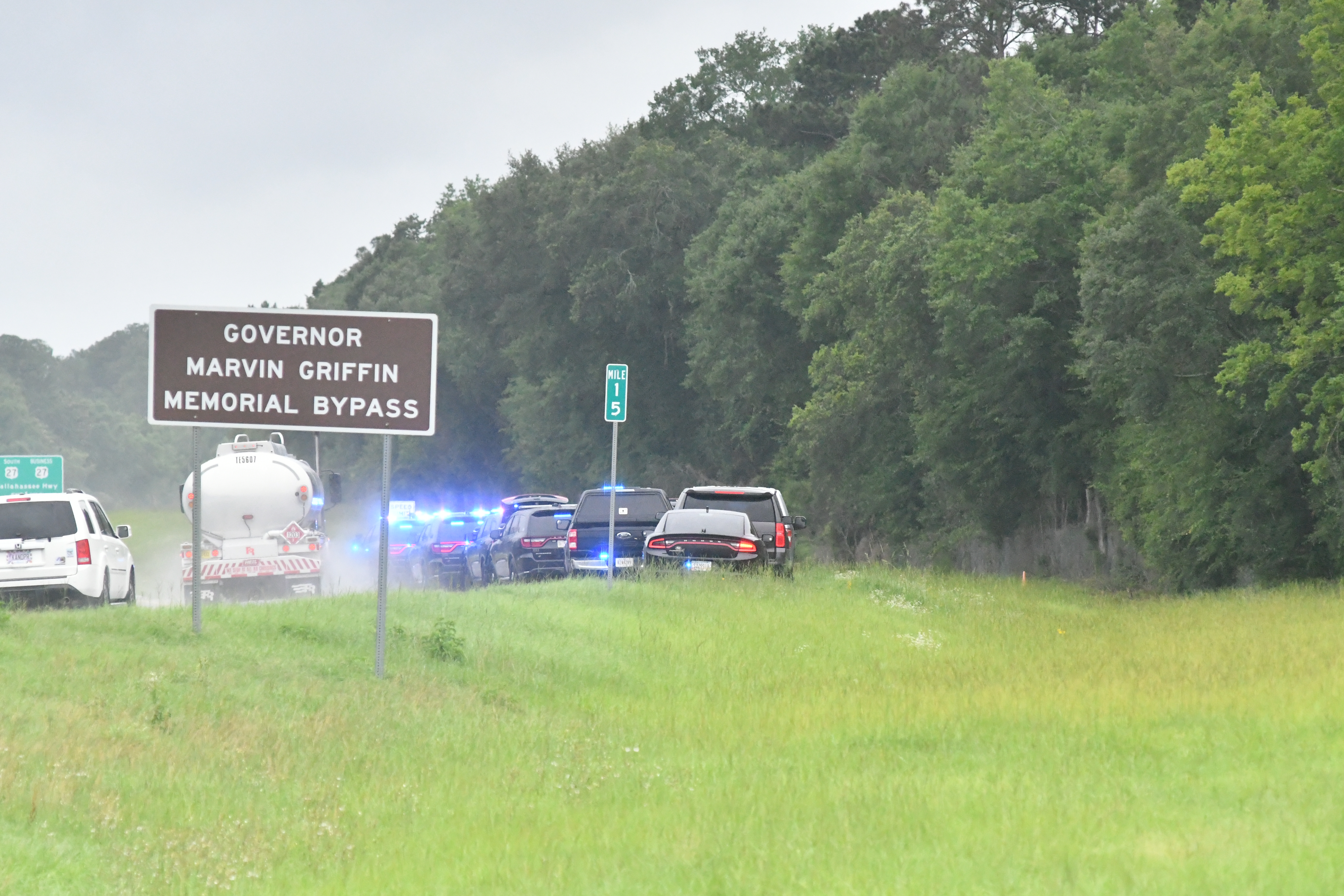The boys of summer revisted
Published 8:33 pm Friday, December 5, 2008
The Discovery Channel recently presented a documentary on the 1955 Brooklyn Dodgers, how they finally won a World Series against their cross-town rivals, the New York Yankees.
It stirred up memories. Even though they no longer exist, I will always be an avid Brooklyn Dodgers fan. In the mid 1940s and early 1950s, we lived in a small town about 50 miles west of New York City. Television was in its infancy, with programming aired a few evening hours, mostly boxing and wrestling matches. Studio programming would come along later, but for now, live sporting events dominated. Your rooftop TV antenna could pick up the New York TV stations, plus the games of the New York Yankees, the New York Giants and the Brooklyn Dodgers.
Other than the bars, my family possessed one of the few TV sets in town. Dad loved baseball and that was reason enough to make the grand investment of $500 for our 12-inch DuMont TV set. Frequently, one of his co-workers would join us to watch the Brooklyn Dodgers. Jerry, as I will call him because I can’t remember his name, was native-born Brooklyn and a rabid Dodger fan. Watching the game from the TV set in the living room, he would sometimes forget he wasn’t in the stands. What I really found fascinating about him was his Brooklyn accent. As an example, Carl Erskine of the team was referred to as “Oisk.”
After watching my Brooklyn Dodgers play baseball on our 12-inch black and white TV, actually the largest at the time, one fine summer day dad said, “How would you like to go Brooklyn and watch the Dodgers play?”
After two years of tiny TV, Wow! Would I?
Now, this is probably about 1948 or 1949. Dad played baseball, actually softball, in his youth, on school teams and later on teams where he worked. He was a Dixie Cupper at one time. He had a good grasp of the game and its fundamentals. My baseball playing on the elementary school grounds was less than perfect, actually horrible. One day, dad and I spent some time grooming my baseball skills in the back yard. Some time later as the playground gang was choosing up sides for a game, I was always chosen last, due to my non-ability in hitting, catching, running and throwing. Nobody wanted me on their team.
After much training and practice from dad, one day it was my turn at bat at the schoolyard game. Everybody on the field was disinterested, because I always struck out. Except this time, I swung into the pitch, driving the ball clear out beyond right field, where it rolled past the outer bounds of the playground, out onto the street and down the hill.
After that, I had no trouble getting chosen.
But back to the Brooklyn Dodgers.
I’ve seen lots of photographs of the exterior of Ebbetts Field in Brooklyn built in 1913, but on this one and only visit, I don’t remember its outside appearance. But I do remember walking up the ramp toward the field, where I gazed upon one of the most magnificent grand palaces my eyes were to behold.
We were early, so there were few fans in the stands. I saw this brilliant sea of bright blue seats, divided areas marked off in red, and the greenest, greenest grass on the field. These three colors, all brilliant in the mid-day sun—blue, red and green—was mesmerizing.
Then, thrill of thrills, there they were right in front of us as we sat a few rows up behind first base, the real life Brooklyn Dodgers, warming up before the game. All these players who I had watched on tiny TV were now right in front of me, touchable—Pee Wee Reese, Jackie Robinson, Eddie Stanky, Carl Furillo, Carl Erskine, Preacher Roe, Clem Labine, Gil Hodges, Duke Snyder, Dixie Walker.
Not realizing it then, but it was the time that Jackie Robinson became the first black player to break into the major leagues. Several great Dodgers would follow—Don Newcome, Roy Campanella, Ralph Branca, among others.
In later years, many books have been written about this team, one of the most memorable being The Boys of Summer by New York Herald-Tribune sportswriter Roger Kahn. It was Kahn who dubbed this team in his book, “one of the greatest baseball teams of all time.”
A few years ago, a new biography of Jackie Robinson was published, which described some of the terrible humiliations he had to endure when he first became a Brooklyn Dodger. There was a team revolt, with a boycott petition being circulated among the players, most of them with southern roots. Team Captain Pee Wee Reese, a Kentuckian, refused to sign, and it was his gesture, going to Robinson during one of the early games, and putting his arm around him, as a sign of welcome, that calmed the revolt.
Have you ever noticed from those early newsreels of this time how the fans were dressed. Pictures show them dressed in suits and ties and fedora hats. Today, fans sit bare-chested in the stands.
It was no fluke. According to Robinson’s biography, the black fans wanted to see Jackie play, and where ever he went around the league, they would turn out. But the black people came to the ball park dressed in their very best Sunday church clothes. They were telling the white fans that they could be respectable, decent and cultured people, even though they were only at the ball park.
White fans retaliated. They dressed in their Sunday church clothes too. And if you look closely at those old films, there they were, cheering, hooting, drinking beer, in their Sunday finest.
Ebbetts field is gone, demolished in 1960. The Brooklyn Dodgers are now the Los Angeles Dodgers. The New York Giants are in San Francisco, and the same wrecking ball that tore into Ebbetts field, also leveled the Polo Grounds. The house that Ruth built, Yankee Stadium, soon will see its demise.
A new billion-dollar Yankee Stadium is set to open this spring.
Many years later while living in Lakeland, Fla., I took my kids to the ballpark to watch the Detroit Tigers play a spring training game. I thought my kids would get a kick out of going to the ball park with dad as I did so many years ago.
Alas, they had little interest as to action on the field. Instead, it was the popcorn, cotton candy and soda pop.
The 1955 World Champion Brooklyn Dodgers played their last game in Ebbetts Field on Sept. 24, 1957. Red Barber called his last Dodger game from there, but he popped up in later years retired in Tallahassee, giving a weekly baseball commentary to National Public Radio.
In those days you could walk the streets of Brooklyn and from every house and business, you could hear Red Barber in his soft southern speech, describe the game. Oooooh Doctor. Everybody listened to the game.
My guess is the world’s problems could easily be cured. Build a new Ebbetts field in Brooklyn, bring back the Dodgers. Then all would be right in the world.





